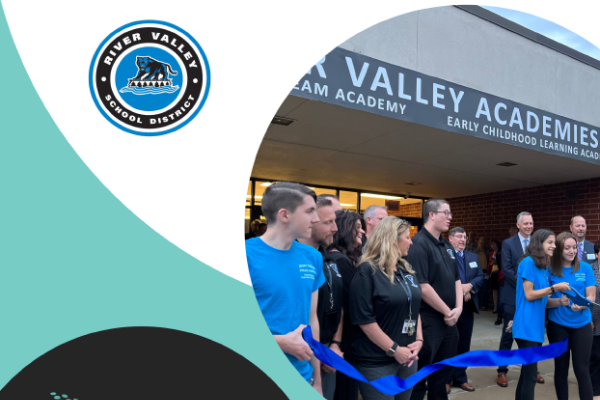Racial Equity Through Curricular Reform
March 01, 2021
Where to look for creating a culturally relevant and sustaining understanding of the world for today’s students

The high school I attended was named after a Confederate general. I served as co-editor of the Confederate yearbook and contributed to The Shiloh, the school newspaper. My high school resume looks like a tribute to the Lost Cause.
Yet my high school, which occupied a space in the racially diverse barrio of East Austin in Texas, was not a neo-Confederate learning space. I was taught by progressive, caring teachers who prepared us for a society that would judge us not only on our academic achievements, but also on our racial, ethnic and socioeconomic identities.
Today, I realize that the normalization of Confederate Lost Cause figures such as Gen. Albert S. Johnston and postmaster general John H. Reagan — and the lack of critical attention to why these names adorned schools — was a missed opportunity to recognize the complex, confounding and sometimes despicable historical record that American society is slowly summoning the courage to confront.
Now, in 2021, with an incredible opportunity born out of the tragic deaths of George Floyd, Breonna Taylor and so many other people of color, we have an opportunity to consider what changes educators and districts should take to empower our youth to envision a racially equitable society.
The answer has less to do with our individual failings and more to do with our curriculum.
This Content is Exclusive to Members
AASA Member? Login to Access the Full Resource
Not a Member? Join Now | Learn More About Membership
Additional Resources
Richard Reddick suggests these informational resources for education leaders on culturally relevant curriculum in schools:
- “At War with the State in Order to Save the Lives of Our Children: The Battle to Save Ethnic Studies in Arizona,” by Augustine Romero, The Black Scholar, Winter 2010.
- “Dismantling Systemic Racism in Education,” Lyndon Baines Johnson Foundation.
- Schooltaking: Talk Tools for Antiracism and Equity in School Communities by Mica Pollock.
- “Getting Started with Culturally Responsive Teaching,” Edutopia.
- Rethinking Schools, a publisher of social justice education materials, including a quarterly magazine.
- The 1619 Project, The New York Times.
Advertisement
Advertisement
Advertisement
Advertisement



